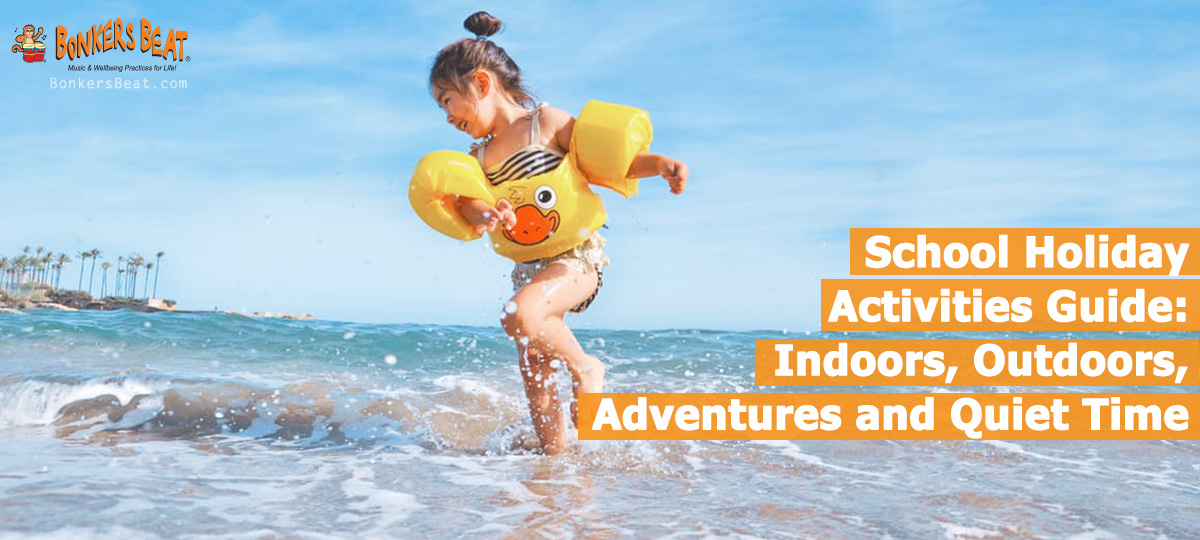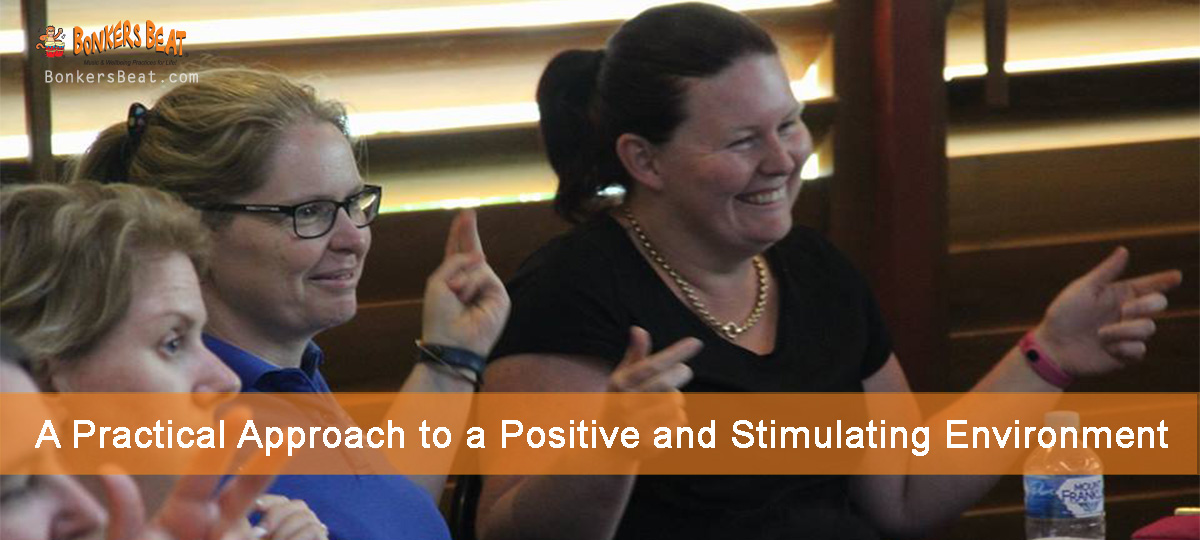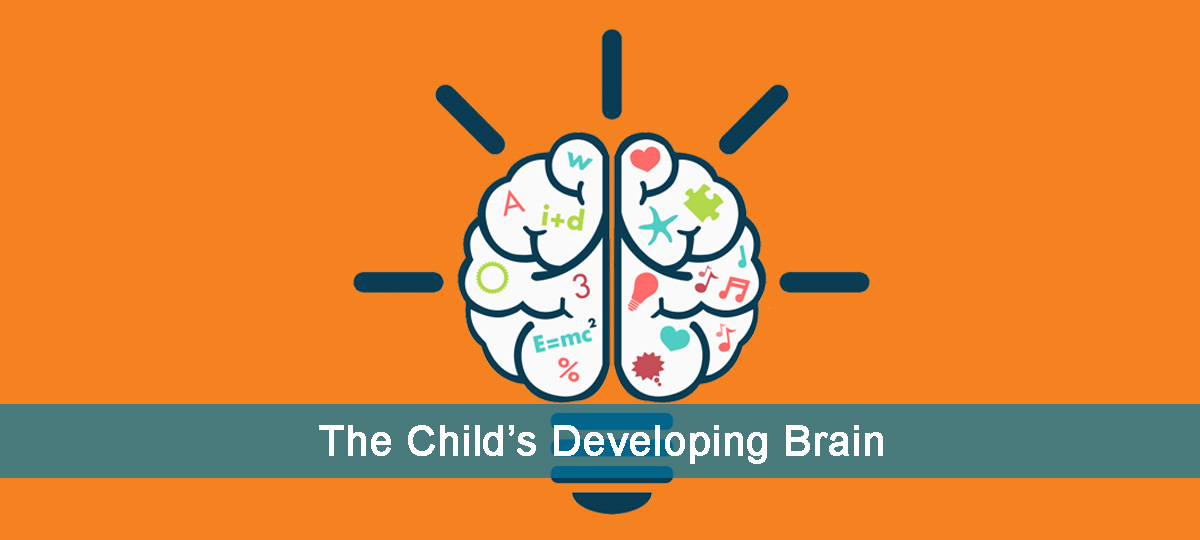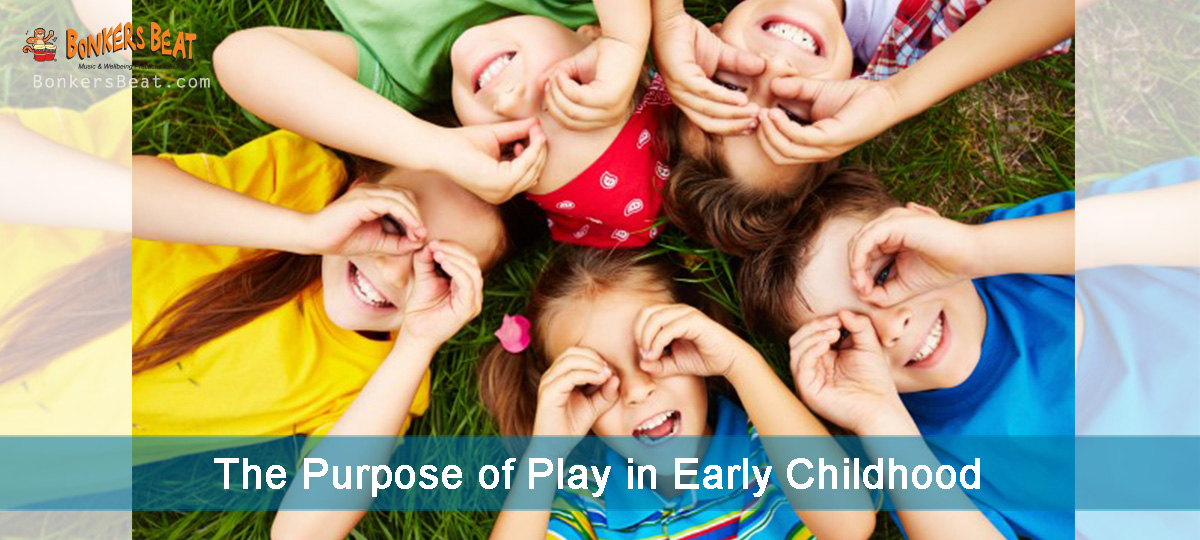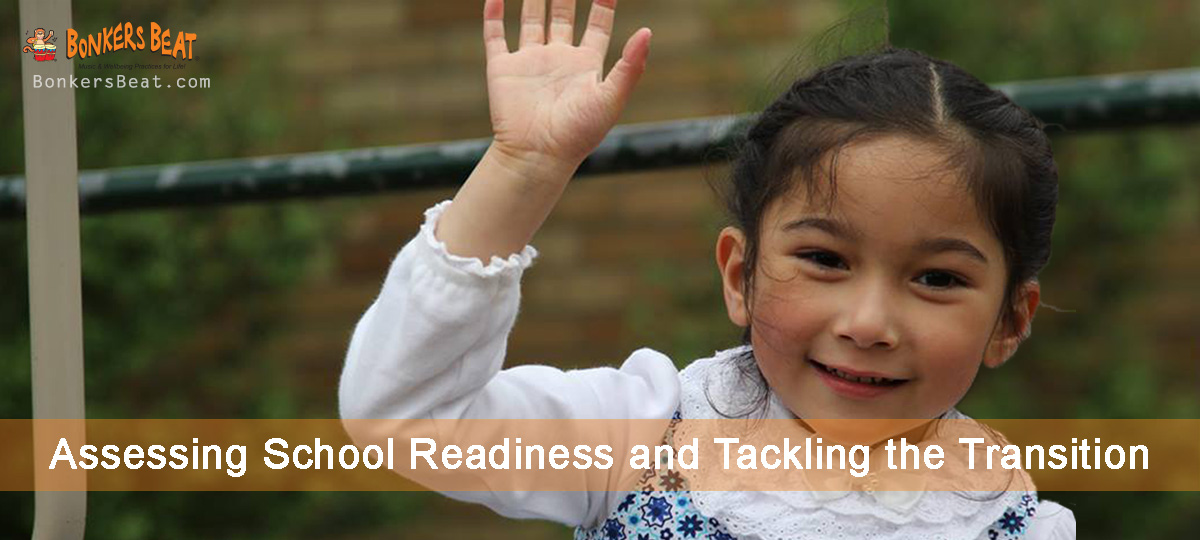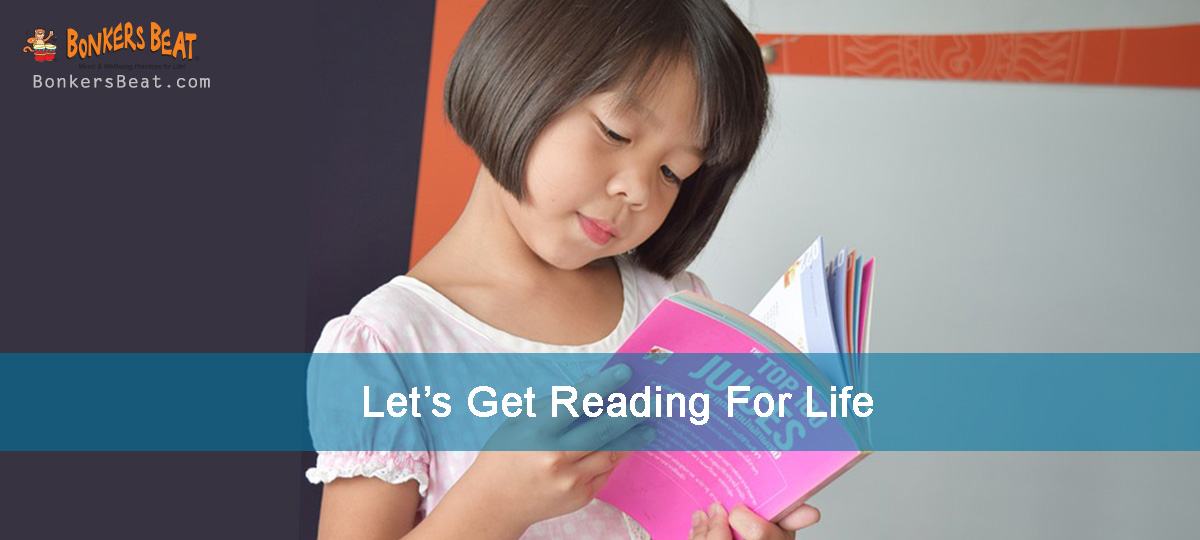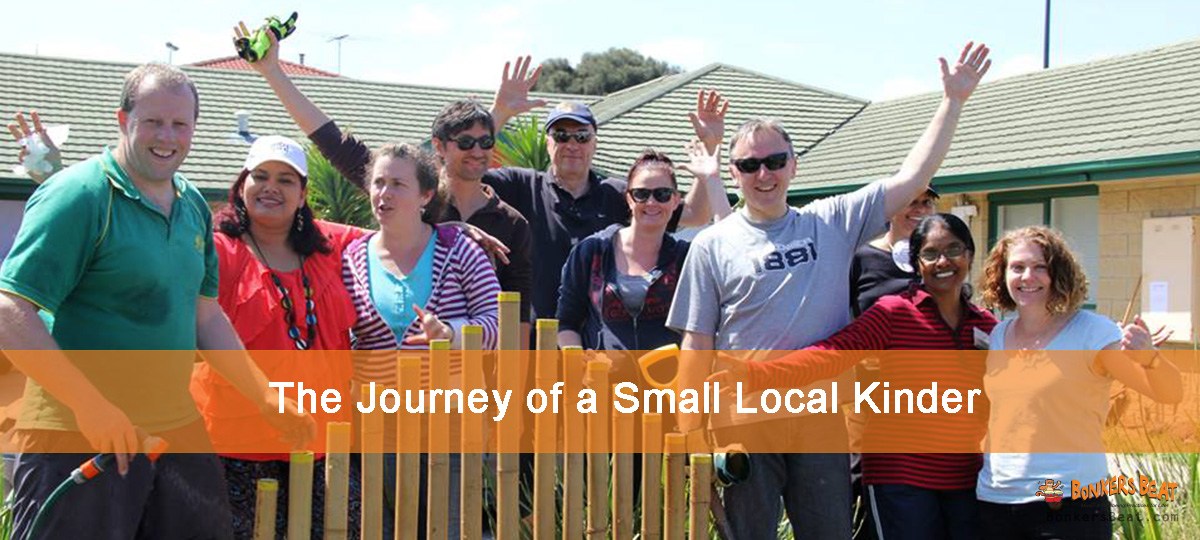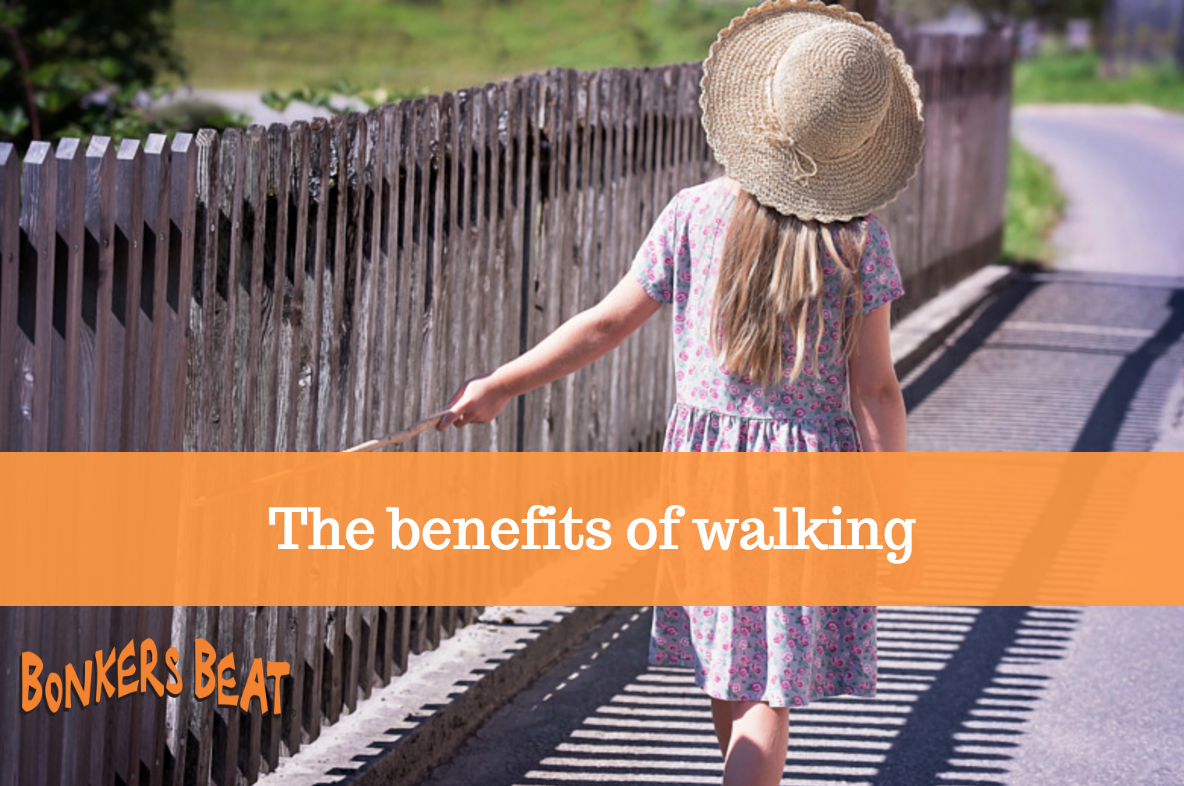December is here and that means school holidays are around the corner. Our guide to school holiday activities means you’ll have a go-to activity for children over summer for rain, hail or shine.
School holidays are fun but they can also be a little hectic at times. Having a bit of a plan in place can go a long way to making the summer break more enjoyable for everyone.
Working families who can’t take time off over the holidays can rest assured that there are some excellent school holiday programs available. Many of these offer a range of fun experiences for your children while giving you the support you need to get to work. After all, we all know life doesn’t stop for the school holidays!
You might like to print out our guide and stick it on the fridge, or even print and cut some activities into strips and allow children to take a lucky dip to allocate them an activity.
You’ll find most of our suggestions are cheap or free, because financial pressure is the last thing you need this time of year.
Indoors
1. Make something yummy to eat – sweet cupcakes or savoury pizza
2. Get dressed up and dance to music or role play
3. Create a self portrait
4. Create a portrait of someone else
5. Get artsy with a craft project using paper, glue, pencils, feathers, wool etc
6. Build a fort/cubby under a table
7. Do a room clean out and discover some forgotten toys
Outdoors
8. Have a picnic in the backyard or at a park or beach (even a pretend picnic)
9. Fly a kite (make your own!)
10. Do some gardening – get all the weeds out or even plant something like herbs
11. Go on a treasure hunt! Try this nature hunt list.
12. Get out a ball and work on your throwing, catching or kicking
Adventure
13. Head to the library (sign up is free and there are often community activities too)
14. Catch a train or bus somewhere
15. Plan a visit to the zoo
16. Visit your local shopping centre – they might have some school holiday activities too
17. Plan a day at a museum
18. Take a nature walk
Quiet Time
19. Find a nice space to do some reading (books from the library perhaps?)
20. Watch a movie
21. Tackle a jigsaw puzzle
22. Play a boardgame
23. Play cards (snap, go fish, memory or pairs)
24. Try meditation to unwind after a busy day – here are some tips
There you have it – our guide to the school holiday activities gives you 24 boredom-proof activities for children of various ages. We want the list to grow, so share your best ideas with us on Facebook!

